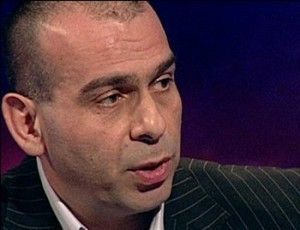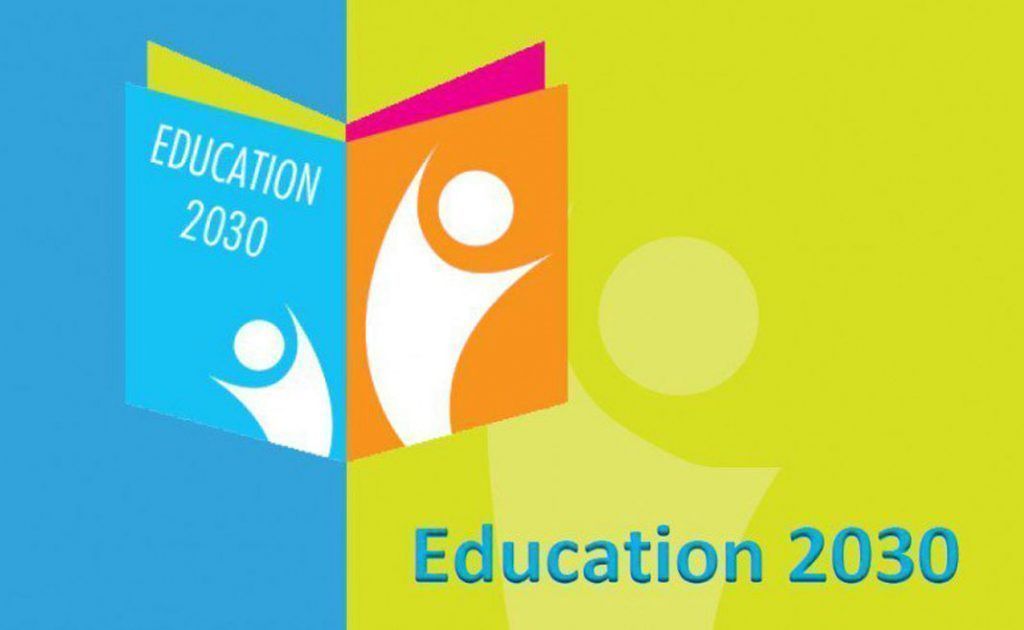May 13, 2017
By Potkin Azarmehr
The Supreme Leader, Ayatollah Ali Khamenei, is not pleased with his Supreme Council of the Cultural Revolution (SCCR).

In a speech marking national teachers’ week, he admonished the SCCR for having ratified UNESCO’s Global Education 2030 Agenda. The agenda is designed to ensure inclusive and equitable quality education and promote! lifelong learning opportunities for all.
In a perturbed tone he said, “I am deeply disappointed by the Supreme Council of the Cultural Revolution. They should have taken care of this and prevented it from getting to the point it is at now, so that I would not have to take any action to prevent it. It is the Islamic Republic here! Here Islam is the benchmark! Quran is the benchmark. It is not a place where the deficient, destructive and corrupt Western lifestyle can infiltrate!”
When the Ayatollah expresses his displeasure, not many in the Islamic Republic will contradict him. In fact one after the other, Iranian officials expressed their disgust at the signing of the UNESCO 2030 agenda. Indeed they maintained they knew nothing about it!

Mohamad Mehdi Zahedi, head of the Majlis Commission on Education and Research appeared on state television, condemning the UNESCO 2030 agenda as a ‘shameful’ action plan.’
His main points of contention were that in addition to promoting gender equality, the UNESCO plan would secularise school curriculum by not allowing either religious or political education and training. Furthermore, he took issue with respect to the principle of human rights contained in UNESCO 2030, branding it as “American.” He also attacked the government of President Rouhani for not informing the Majlis before signing the document.
Mokhber Dezfuli, the secretary of the SCCR also came on air and remarked, ” UNESCO 2030 is not Islamic and we must not sign a declaration whose policy makers are from outside Iran’s borders. The declaration talks about confronting violence but the American interpretation of confronting violence is synonymous with confronting Islam.”
It is surprising that it took Mr Khamenei eight months after the signing of UNESCO 2030 to react. Had he been kept in the dark all along? Did Mr Rouhani’s government officials pull his turban over his eyes, as the Persian saying goes? Is this palaver related to elections in Iran?
Indeed, the chairman of the SCCR is President Rouhani and the person who signed the document seems to be Rouhani’s deputy and other running candidate, Eshagh Jahangiri.
Is the Ayatollah trying to imply which candidates he does not favour? Is he trying to stir the people to the ballot boxes?
This scenario has been used and tested before to ensure a large turnout. In 1997, when Mohammad Khatami, the country’s former president, was running against Ali Akbar Nategh-Nuri, the Supreme Leader made it fairly obvious that he favoured Nategh Nouri. The result was a large turnout that elected Khatami with more than 20 million votes.
It remains to be seen if there will be a repeat of such a scenario. Or perhaps we should be expecting the unexpected?

